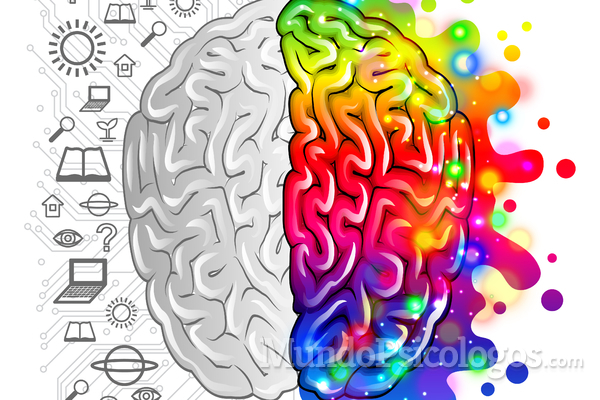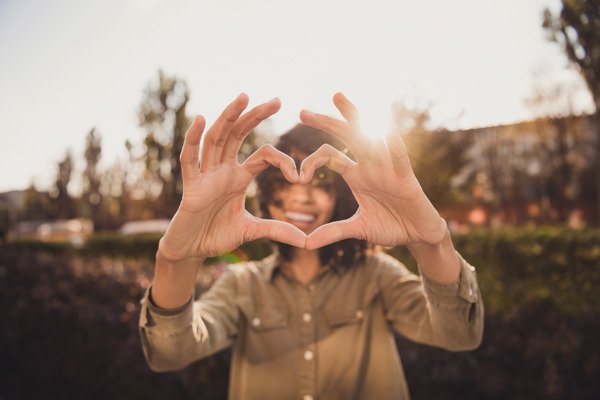Emotions are reactions of the organism shaped over millions of years to improve our adaptation to the environment. What function does each one fulfill?

Emotions are pleasant and/or unpleasant sensations that serve as tools to start, maintain and finish a certain action. They give us the necessary motivation to be able to carry out a certain activity. Emotions have been shaped over millions of years in order to choose the most appropriate action options for our survival, and they are especially important, more varied and complex in social animals, like us. Human beings, like other species, live in society, we benefit from it and it from us, as if we were a whole, but this collective functioning cannot be carried out without communication about what happens to us or what we want. Therefore, an adequate expression of emotions is essential to transmit in the most accurate way possible what we think, our intentions, our desires, etc. and thus be able to meet our goals or even help meet those of others (saying “you are turning me on” with an angry expression and tone is not the same as saying it with a suggestive look and a smile, since we are transmitting two different messages: in the first we are saying that we are getting angry and that we should be left alone, and in the second that we want a sexual approach).
What would be of us without emotions? Everything would not matter to us: we would stop working because earning or not money would not make us feel good or bad, we would stop taking care of our loved ones because it would not make us feel better or worse, we would not learn new skills or make friends because it would not compensate us either. emotionally in no way. Giving more practical examples: if a car came towards us, not feeling afraid, we would not move away; If someone humiliated us, we would not get angry and we would not assert our rights; We would not be sad to lose something, so we would not be careful to maintain it; we would not feel enthusiasm painting a picture or listening to music; we would not enjoy everyday pleasures; etc That’s right, emotions help us start an activity, maintain it and finish it, since we can do this to avoid a bad future; or better, to delight in performing it (which is the state in which we perform best and in which our efficiency reaches its maximum peak).
Below I will cite the basic emotions to illustrate their usefulness:
Sadness: it is the emotional reaction to a loss or disappointment. Our metabolism slows down, and our energy and enthusiasm for daily pleasures or activities decreases, leading us to an introspective lockdown. It is accompanied by an aversive sensation, so we will appreciate the loss, and we will seclude ourselves to mentally review what happened in order to identify what we could or could not have done to avoid this loss and thus our pain. This makes us learn from the experience and have an action plan to avoid this emotion. Also, the fact of mentally reviewing it makes us imagine a life without the lost object/person, getting used to this new life and imagining how we could act and replace the role played by what we have lost. This emotion in high intensity and/or duration can become pathological, since it would no longer be useful to us to assimilate the loss and reintegrate into life.
Anger or anger activates the sympathetic system (increases heart rate, adrenaline, sweating, respiratory rate, etc.), generating a large amount of energy and increasing blood flow to the hands, making it easier for us to use weapons or of our own fists to attack our enemy. We use it to defend ourselves or to defend our rights or something that is ours.
Fear: haven’t you ever felt, when faced with a terrifying situation, that your face went cold? The feeling of “going cold” is precisely due to the abrupt withdrawal of blood from the face, since in those moments we need a large part of it to go directly to the legs, thus facilitating our escape from that situation. But while this happens, we also have the sensation of being “petrified”: what is the purpose of this response of our body? Well, to gauge the situation and try to evaluate whether or not this is a threat: we enter hypervigilance and our senses intensify, to the point that the slightest noise or movement can make us scream or run away in search of a safe place. If we lacked fear we would not avoid potential dangers and possibly would not survive.
Disgust: this emotion helps us not to become intoxicated or fall ill from some harmful substance. Apparently, the very gesture that generates this emotion is adaptive, since the pursing of the upper lip is an indication that the harmful food is going to be spit out, and the wrinkling of the nose is the sign of closing the nostrils against unpleasant odors.
Up to this point I have talked about the basic so-called negative emotions, characterized by being aversive and avoiding unpleasant or harmful stimuli. They appear when there is an emergency or danger. Typically, they are given more attention for the simple reason that their absence could mean death (especially in the past). They are useful if they are felt occasionally, but if their intensity and duration are excessive, both physical and mental pathologies appear.
Before describing the usefulness of positive emotions, I will explain surprise, which would be a neutral emotion:
Surprise: it is a preparatory emotion, that is, through it we gauge whether the situation is negative or harmful or if it is pleasant, then the emotion corresponding to it arises. The eyebrows are arched and the eyes are opened to the maximum to be able to visualize more clearly what we have found, seeking the necessary information to evaluate whether it could harm us or be something pleasant.
Positive emotions are just as important and adaptive as negative ones, although less attention is paid to them because in truly dangerous situations the negative ones are the ones that have to act urgently. Positive emotions direct our actions to achieve states of well-being, favoring our physical and mental health. They are not as urgent as the negative ones, although their absence is tremendously harmful. Below, I am going to describe some of them:
Happiness: it provides the body with relaxation and at the same time increases its energy, and with this, “enthusiasm” or intrinsic motivation to perform a specific task appears. Thanks to it, the body recovers more quickly from the physical and mental wear and tear of negative emotions. It is responsible for activating, as I said before, intrinsic motivation, which is the motivation that comes from ourselves to perform a task that gives us pleasure for the simple fact of doing it, without any coercion. In this state is the best we perform. In short, it promotes motivation and improvement in the execution of any task.
Love: it helps us protect others, our family, friends, partner, etc. It is a fundamental tool in our society, since thanks to it we coexist appropriately, protecting each other and promoting our empathy. In it, we enter a state of relaxation and at the same time activation similar to that of happiness.
The emotions mentioned in this article are called “basic” or “primary”, however, the mix between various emotions, their intensity, the situation, the derivations, etc. They give rise to others that are within the primary ones, such as anxiety or nervousness, which would fall within the basic emotion of “fear”; or the mixture of sadness, anger and fear that would give rise to jealousy.
It must be pointed out that the correct thing would be to develop and learn the expression and perception of positive emotions. Because? Negative emotions help us “avoid situations”, however, positive emotions bring us closer to desired goals, and instead of reducing our range of behaviors and situations experienced increases, enriching our learning, our experiences, improving quality and quantity. of our social support, etc. Furthermore, as I said before, we surrender much more under the influence of this type of emotions than negative ones, increasing our concentration and attention to the maximum peak. Finally, positive emotions induce behaviors that promote good physical and mental health, unlike negative emotions, which cause a secretion of hormones that are harmful to the body and affect the body on a physical level, causing everything from migraines and stomach discomfort to more pathologies. serious if these emotions become chronic, apart from avoidant and/or aggressive behaviors that, expressed in an inappropriate way, could damage the health and quality of life of ourselves and those around us.
Knowing how to correctly identify emotions in ourselves and others and adequately express them is essential for good coexistence in society and for achieving our goals. They are natural, both the negative and the positive ones are useful to us, and it is not healthy to reject or deny them. After identifying them, the correct thing is to accept them as another part of life, and regulate them as much as possible so that they do not overwhelm us or last longer than necessary. If a wound hurts, it is to warn that it is there, that it should not be touched and that some treatments must be done to reduce the pain and inflammation, thus avoiding a subsequent infection (which would increase the pain). in intensity and duration). It would be absurd to deny that pain. Emotions act in the same way, and as such, the ideal is to regulate them through different strategies, but never deny them.








